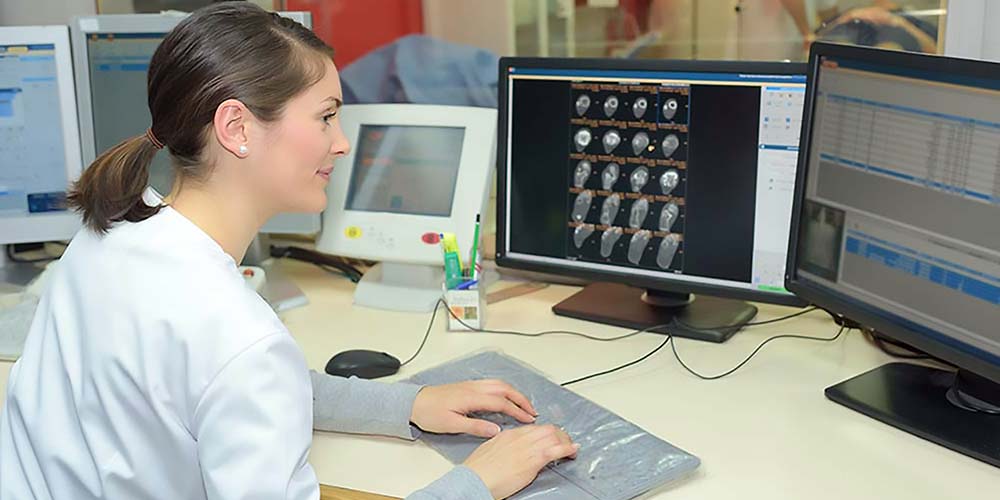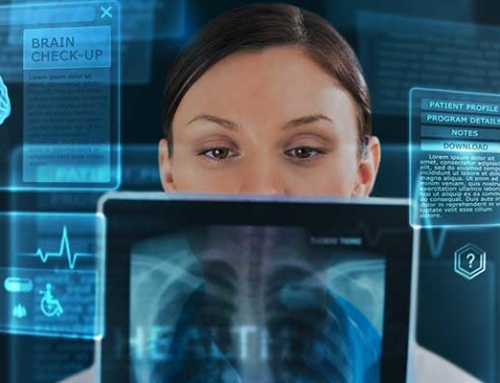MRI techs are in demand as doctors rely more on MRIs. This is where excellent MRI training comes in. You don’t just need training to pass ARRT requirements to become certified and take the registry test. You also need it as it’ll set the tone for the rest of your career. Do you know what you’re doing, or did you just take a poor training program because it was required?
MRIs are important pieces of equipment in healthcare. They allow for the accurate capture of organs and areas of the body which makes diagnosing diseases a lot easier. So far, they’re the most accurate machines that can be used to capture images of soft tissues in the body. Soft tissues include almost everything that isn’t made of bone.
MRI Training and Expertise
MRI training can make you more aware of certain things that can affect the patient’s health. It can also help you capture better images. Poor images are of no use to doctors or patients. When the images produced are poor, it’ll be a waste of time for the patient. That valuable time could have been used for treatment. Instead, it is used for getting them scanned the second time.
Knowing how to operate MRIs is a huge portion of an MRI tech’s job. After the images are captured, you’ll also have to look at them and make sure everything is in order. You might have to give a report to the attending physician, too. You won’t be able to do any of these things without proper training. Even if you can do them without training, then it probably won’t be with great accuracy and efficiency.
Patient Communication and Interactions
One of the mistakes many people do in this field is that they forget that they’re in healthcare. They reduce their job to operating a machine, the MRI, and nothing else. That’s not enough as MRI techs are as involved in healthcare just like everyone else.
When a patient comes in for a scan, you’ll need to take to them and ask a few questions to make sure they’re prepared to get the scan. You’ll also need to talk to them about the procedure and calm their nerves. You might be working with an MRI machine on a daily basis. But you’re never inside it and you’re not as scared as the patient.
Understanding things from the patient’s perspective can make a huge difference. After enough years of working with MRIs, both good and bad radiology techs become great at operating the machines. What separate the good from the bad? It’s how well they stay updated with all that’s new in radiology and how they interact with patients.
At Pulse Radiology, we look to provide you with all the elements of success through MRI training. We give you updated information in a fun and interactive fashion. We also work on giving you hands-on training opportunities so you can deal and interact with patients. How much you take advantage of these resources is up to you.


